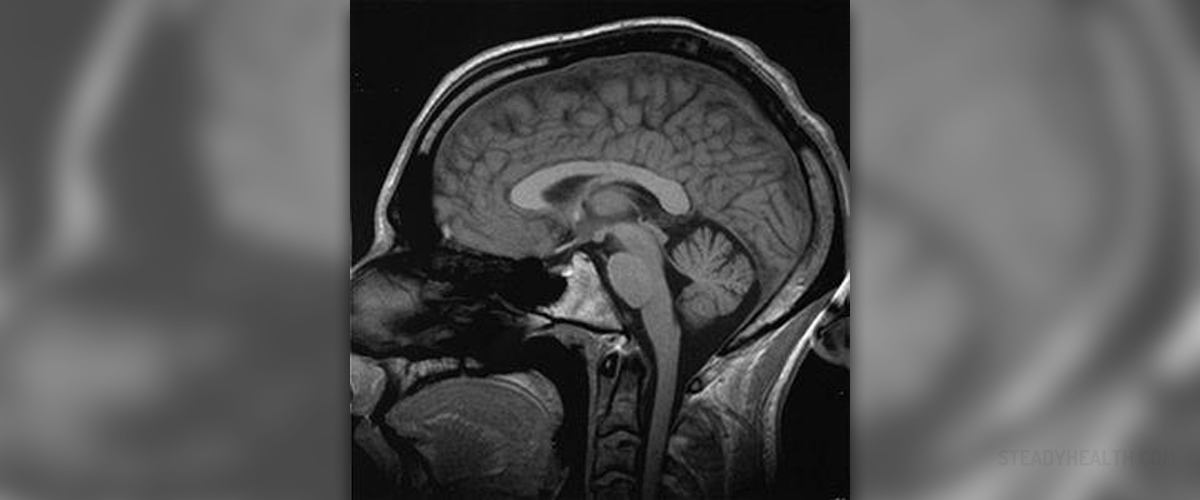
The final stage of brain cancer can be both emotionally difficult and frustrating for both sufferers and their families. Treatment for brain cancer is available, but when all treatment options have been explored and the medical team has determined that nothing further can be done to fight the cancer, patients and their families face the knowledge that life is coming to an end. At the same time, the symptoms of end stage brain cancer can be extremely hard to cope with.
However, knowing what will occur in the final stage of brain cancer can help patients and their loved ones to prepare for the end, as well as planning for the most comfortable setting possible.
Symptoms of End Stage of Brain Cancer
Most of the symptoms caused by the early stages of brain cancer are also present in the last stage, but they are much worse. In the final stage of brain cancer, patients typically have severe headaches accompanied by vomiting, memory impairment, dizziness, difficulty speaking and limited range of motion which may cause difficulty walking.
Probably the most challenging symptoms for patients and their loved ones are behavioral and personality changes caused by end stage of the disease. Patients in the last stage of brain cancer often become moody and withdrawn. They may exhibit bizarre behavior, in part caused by the hallucinations and seizures end stage brain cancer patients often have, and become aggressive and suicidal. They often become violent toward their caregivers as they get easily irritated.
Brain cancer patients may attack family members physically and verbally. It is important for the sufferers’ families to known that this is caused by the tumor and chemical changes in the brain. These behavioral changes do not represent the patient’s true self, and they would not be acting this way if it wasn't for the tumor. The behavior does not mean you are doing anything wrong.
Side Effects of Treatment for End Stage Brain Cancer
Before the patient reaches the end stage of brain cancer, treatments like surgery, radiation therapy and chemotherapy will have been probably used in attempts to fight the tumor. Brain cancer treatment aims to remove the tumor or stop cell growth but, on the other hand, it causes severe side effects and affects the functioning of the brain.
Side effects of chemotherapy and radiation such as nausea and vomiting can be managed with certain medications. However, the long-term effect on the brain caused by brain surgery, such as long-lasting neurological damage, cannot be avoided.
Pain Management and End-Stage Brain Cancer
Pain caused by cancer is probably the worst pain that exists. Such pain is especially severe when cancer spreads to bones. Oncologists usually prescribe strong opiate drugs for pain management, especially in end-stage patients who have entered palliative care.
Strong opioid medicines such as morphine, methadone and oxycodone are related to illicit drugs like opium and heroin. Sometimes, patients and their families may be concerned about these medications because they fear of addiction. However, the risk of addiction is very low when opioid medications are used for pain and exactly as prescribed. Also, patients and families should not worry about such things and think of pain medications as the only relief from severe pain caused by the end stage of brain cancer.
Supportive Care in the End Stage of Brain Cancer
When treatment options have been exhausted, end stage brain cancer patients will receive palliative care — medical care not targeted to treat the cancer, but to maximize their quality of life by making the patient as comfortable as possible, both physically and mentally. Such care can be provided at home, where patients will be surrounded with loved ones, often with a nurse or other caregiver coming to the home every day. It is also possible to explore hospice options. Hospice care is dedicated to providing both physical and psychological support to patients.


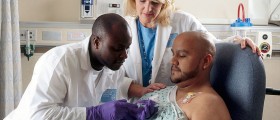




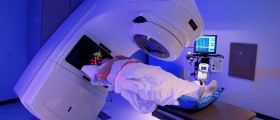

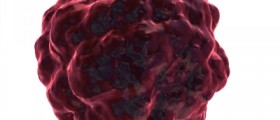

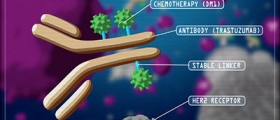



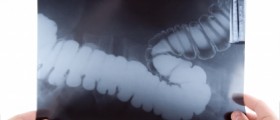
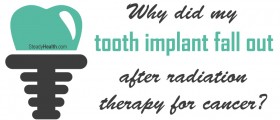
Your thoughts on this
Loading...